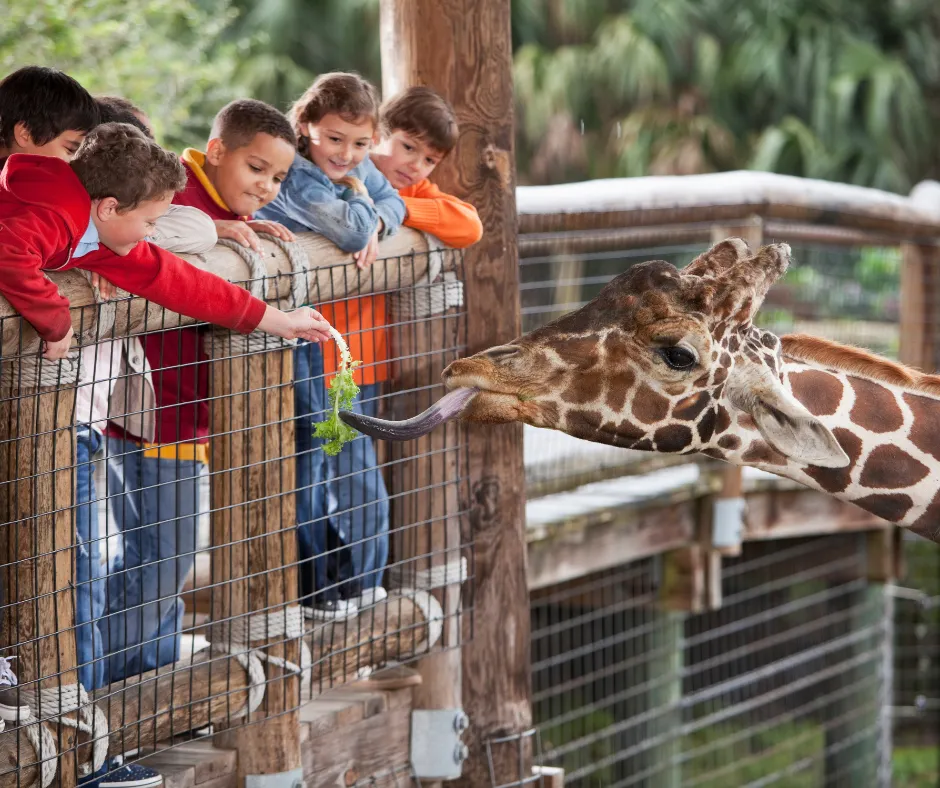Contact Us

How Background Knowledge, the Overlooked Factor in Reading Comprehension, Can Transform Your Child’s Learning
When it comes to reading comprehension, Background Knowledge, the Overlooked Factor in Reading Comprehension, is the secret ingredient that many parents overlook.
It’s not just about sounding out words or knowing definitions—it’s about understanding the world behind the text.
Without background knowledge, students struggle to connect the dots, infer meaning, or grasp big ideas.
In this blog, we’ll explore why Background Knowledge, the Overlooked Factor in Reading Comprehension, is so critical, simple strategies parents can use to build it, and how it impacts students at key testing grades like 3rd, 5th, and 8th.
Why Background Knowledge is Critical for Comprehension

Take this example:
"In the 1930's, the United States faced a severe economic downturn called the Great Depression. Many families lost their homes and jobs due to the stock market crash and bank failures. To survive, people often relied on soup kitchens, where they could get a free meal."
To fully understand this text, students need to know:
What the stock market is: and how its crash affected the economy.
What bank failures mean: and how they caused people to lose their savings.
What soup kitchens were: and why free meals were essential for survival.
For younger students, unfamiliar vocabulary (e.g., "economic downturn") might create confusion. Older students might read the words but miss deeper connections, such as how the Great Depression led to changes in government policy.
Without a strong foundation of background knowledge, even a well-written text can feel like a puzzle missing key pieces.

Strategies to Build Background Knowledge
Parents can make a huge difference with these simple, everyday strategies:
Talk about daily events: Turn ordinary moments into learning opportunities.
Example: “We’re going grocery shopping—why do you think prices go up sometimes?”
Take weekend family trips: Zoos, museums, and historical landmarks give kids real-world context.
Example: Visiting a Civil War site can bring historical lessons to life.
Read widely: Offer books on a variety of topics, from science to biographies to folktales.
Example: A story about astronauts can spark interest in space exploration.
Use multimedia: Videos, apps, and documentaries make learning visual and engaging.
Example: A video about the water cycle can clarify concepts like evaporation and condensation.
Encourage curiosity: Answer your child’s questions with enthusiasm and seek answers together if you don’t know.

These small actions add up, helping students develop the mental library they need to tackle complex texts with confidence.
How This Issue Manifests by Grade Level
3rd Grade
Literature: A student might struggle with Charlotte’s Web if they’ve never seen or talked about farms.
Science: A unit on rainforests might feel abstract if they’ve never discussed different ecosystems.
History: Learning about Native Americans is harder if students can’t picture their tools, traditions, or environments.
5th Grade
Literature: Without knowledge of the Great Depression, books like Esperanza Rising lose their historical significance.
Science: Understanding the water cycle can be confusing if students don’t recognize weather patterns or concepts like evaporation.
History: Colonial life in the American Revolution feels disconnected without prior knowledge of what daily life looked like.

8th Grade
Literature: The Diary of Anne Frank loses impact if students don’t understand the context of World War II.
Science: Genetics feels overwhelming if they haven’t been introduced to heredity or traits earlier.
History: Discussions about the Civil Rights Movement lack depth if students missed foundational lessons about segregation.
For each grade, background knowledge transforms abstract concepts into meaningful understanding, giving students the tools to succeed on key tests like the Georgia Milestone.
Final Thoughts
Building Background Knowledge, the Overlooked Factor in Reading Comprehension, doesn’t require fancy tools or endless hours.
It’s about creating opportunities for your child to explore, ask questions, and connect with the world around them.
Whether it’s a weekend trip to a museum, a family conversation at dinner, or a book on a new topic, every experience adds to their learning foundation.
And when that foundation is strong, comprehension—and confidence—will follow.
What’s your favorite way to spark your child’s curiosity? Share it in the comments—we’d love to hear from you!
